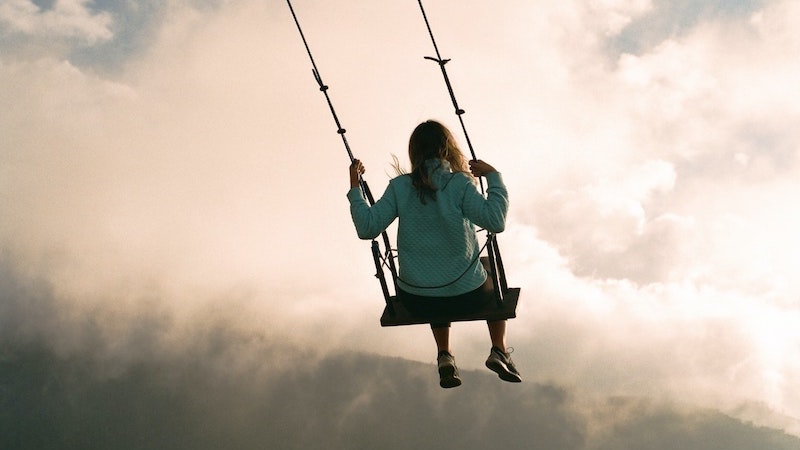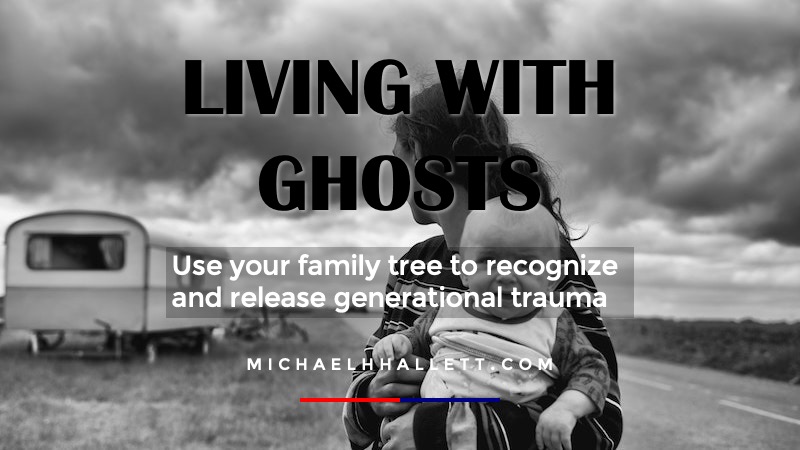‘I remember, I remember’ – all our childhoods are imaginary
- 8 April 2022
- Posted by: Michael H Hallett
- Category: Arts , Generational trauma ,

I remember, I remember, The house where I was born,
The little window where the sun Came peeping in at morn;
He never came a wink too soon, Nor brought too long a day,
But now, I often wish the night Had borne my breath away!
I remember, I remember, Where I was used to swing,
And thought the air must rush as fresh To swallows on the wing;
My spirit flew in feathers then, That is so heavy now,
And summer pools could hardly cool The fever on my brow!
I remember, I remember, The fir trees dark and high;
I used to think their slender tops Were close against the sky:
It was a childish ignorance, But now ’tis little joy
To know I’m farther off from heav’n Than when I was a boy.
‘I remember, I remember’
Thomas Hood’s ode to an idyllic childhood is the only poem I remember, I remember, my mother reading to me. Yet it was a childhood that, for her, never existed.
She was born at the Royal Air Force base at Henlow in Bedfordshire in 1923. That was a hardscrabble existence.
My grandfather, twice decorated for bravery, was demobbed and re-enlisted. Lack of basic amenities, including hot running water. The Great Depression. In the post-war years there was no money for war heroes.
Then came the cataclysm. 1932. My grandmother’s affair. She was expelled from the family, leaving my mother motherless.
At what point did she encounter Thomas Hood’s poem, and find solace? Before or after the deluge? Even during it?
Imaginary childhoods
In Debugging the Universe, Laura Knight-Jadczyk writes, “We are controlled and programmed by our culture, our families, and everything around us through our very physiology.”
Part of that programming involves blinding ourselves to our parents’ failings. Unconsciously pretending that our adolescence was idyllic, then embedding that belief so deeply that—for the rest of our lives—we never question it.
Part of our unconscious programming involves blinding ourselves to our parents’ failings. All our childhoods are imaginary.
Around the time my mother’s childhood fell apart, two children were found in India who’d been raised by wolves. They had no idea humans walked upright.
We do not and cannot know the extent of the damage, the missed potential, the Paradise Lost. As Knight-Jadczyk writes, “We are all divine children raised by wolves.”
This poem seems to have been part of the veneer my mother laid over her past imperfect. The sunlit window, the swing, the fir trees. I see them, like old photographs, my mother in the frame. All imagined.
All our childhoods are imaginary. Yet the poem lifted her closer to heaven than when she was a girl. That, ultimately, is what I remember, I remember.
ONLINE COURSE

Photo by Nick Monica on Unsplash
